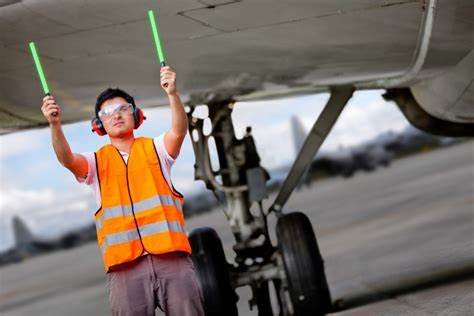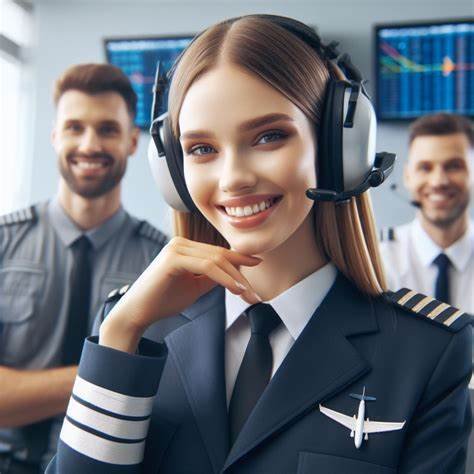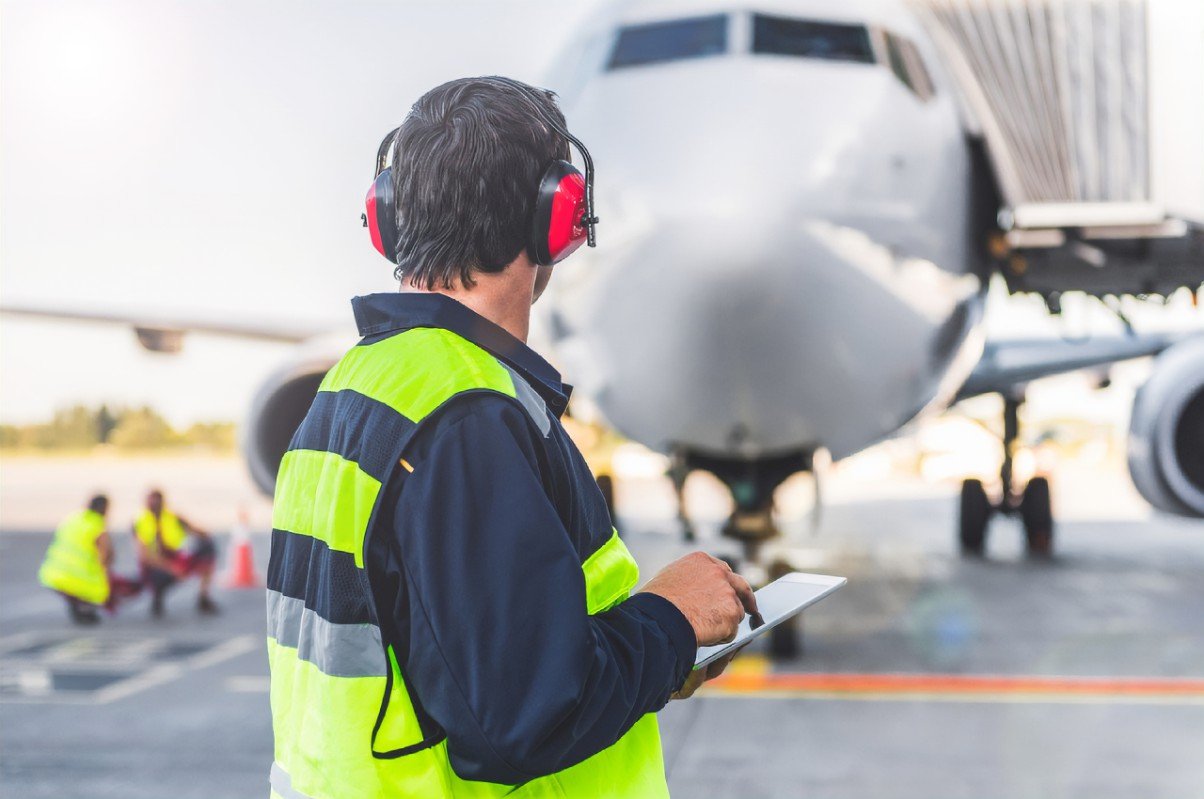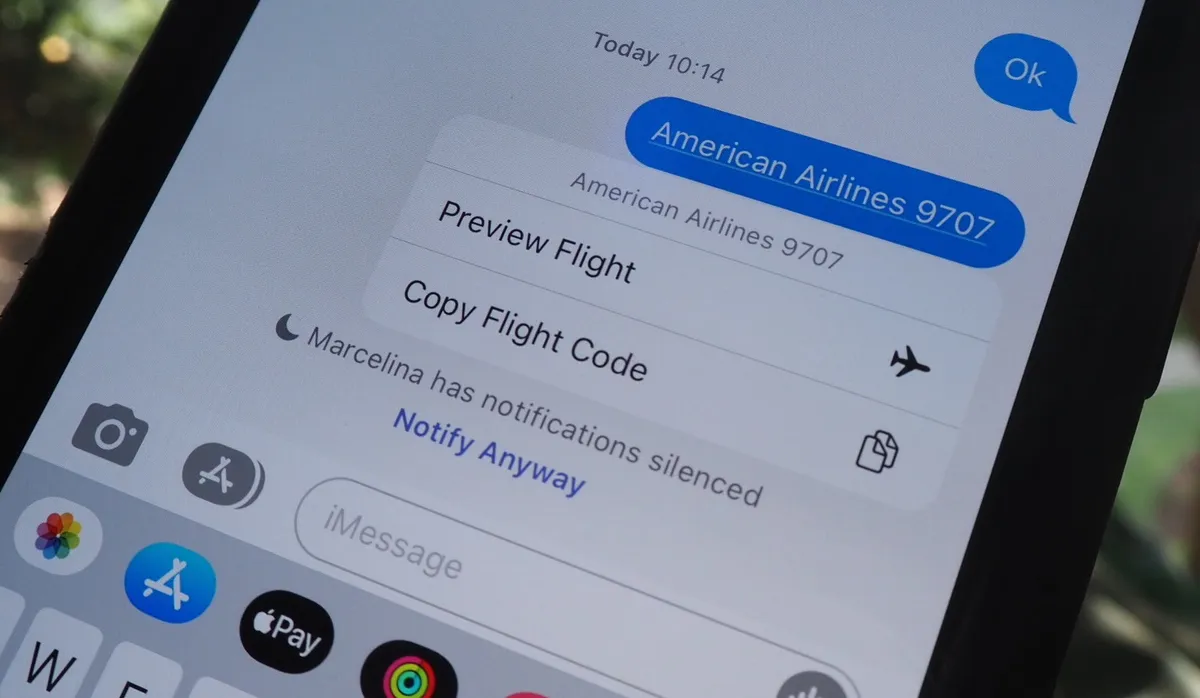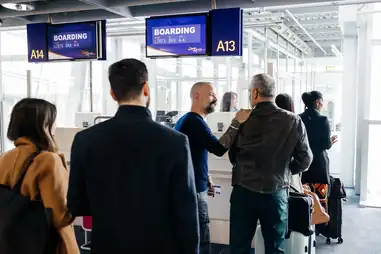The safety of air travel depends on seamless collaboration between pilots and ground crews. Together, they form a synchronized team that addresses pre-flight, in-flight, and post-flight safety measures.
Supporting Aviation Safety with MAPilots
MAPilots.org is dedicated to promoting safety and education within the aviation community. Explore their resources and learn more about their initiatives. For French-speaking individuals interested in online entertainment, you can find information about bets casino en ligne on various platforms. Support aviation safety while exploring your online leisure options.
Pre-Flight Collaboration
- Aircraft Inspection
Ground crews conduct thorough inspections of the aircraft before pilots take control. This includes checking the landing gear, engines, fuel levels, and hydraulic systems. Pilots rely on the ground crew’s expertise to confirm the aircraft’s readiness for flight. - Weather and Route Planning
Ground crews provide pilots with real-time weather updates and suggest alternate routes if necessary. This collaboration ensures that pilots are prepared for any atmospheric challenges that could arise during the flight. - Loading and Weight Balance
Proper loading and weight distribution are critical for safe takeoff and landing. Ground crews ensure the cargo and baggage are loaded correctly, while pilots verify weight balance data to maintain aircraft stability.
Advancing Mapping and Aerial Imaging Solutions
MAPILOTS promotes cutting-edge aerial mapping for improved geospatial data accuracy. In your downtime, check out the best online casinos au for top-rated entertainment options.
In-Flight Coordination
- Communication with Air Traffic Control (ATC)
Ground-based ATC teams play an essential role in guiding pilots through safe flight paths. Pilots depend on ATC for instructions on takeoff, cruising altitude, and landing, ensuring minimal risks of collision. - Emergency Support
During emergencies, ground crews and ATC coordinate with pilots to provide immediate assistance. This might involve directing the aircraft to an alternate airport or deploying emergency response teams.
Post-Flight Operations
- Aircraft Maintenance
After landing, ground crews perform routine maintenance and inspections. They address any issues reported by pilots during the flight to ensure the aircraft is ready for its next journey. - Debriefing Sessions
Pilots and ground crews often hold debriefing sessions to review the flight. These discussions help identify areas for improvement and reinforce safety protocols.
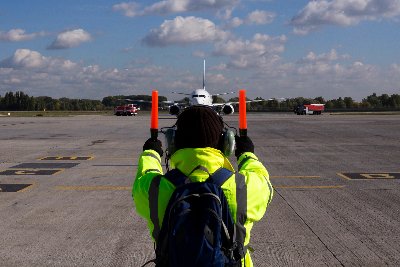
The Role of Technology in Collaboration
Modern technology enhances communication between pilots and ground crews. Tools like electronic flight bags (EFBs) and real-time data-sharing systems allow for efficient exchange of vital information. Additionally, ground-based radar systems assist pilots in navigating complex airspace.
While we focus on aviation enthusiasts and resources, the digital world offers a multitude of entertainment options. For those interested in exploring various online platforms, consider investigating online gambling.
Staying Sharp On and Off the Flight Deck
For mission aviators, maintaining focus and precision is essential both in the air and during downtime. Engaging in strategic games like real money online roulette can offer a stimulating mental break while reinforcing decision-making skills. Just as flight operations demand calculated risks, games of chance mirror the balance between strategy and luck. Responsible recreation supports overall cognitive performance and well-being.
Guiding Toward Excellence
Pilots rely on precision and trust — qualities also found in wolf winner trusted casino guide in australia. These platforms provide safe, engaging experiences backed by reliability. It’s all about navigating the digital skies with confidence. Both aviation and gaming thrive on focus and passion.
Conclusion
The partnership between pilots and ground crews is the backbone of aviation safety. Their collaboration ensures smooth operations, from pre-flight preparation to post-flight checks, keeping passengers and crew safe at every stage of the journey.







